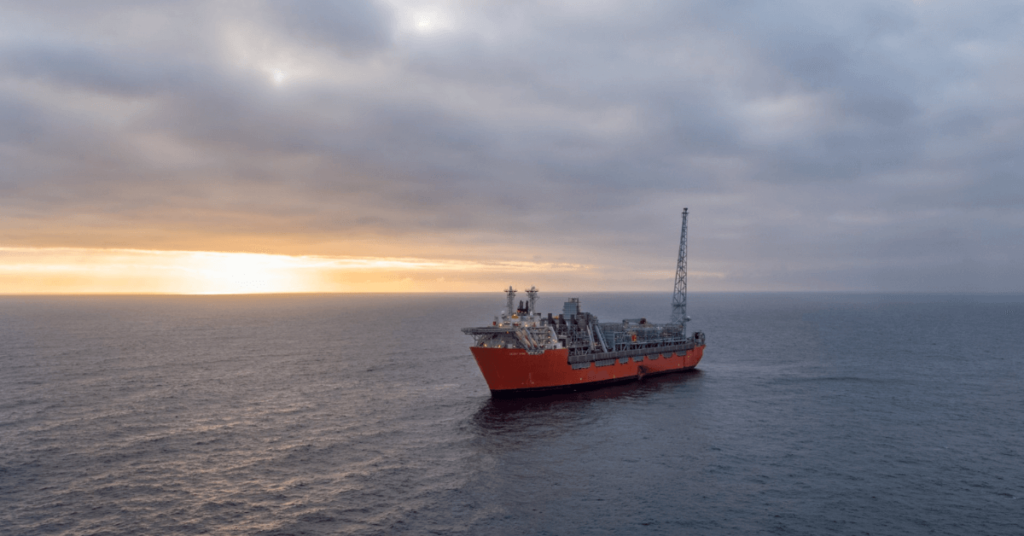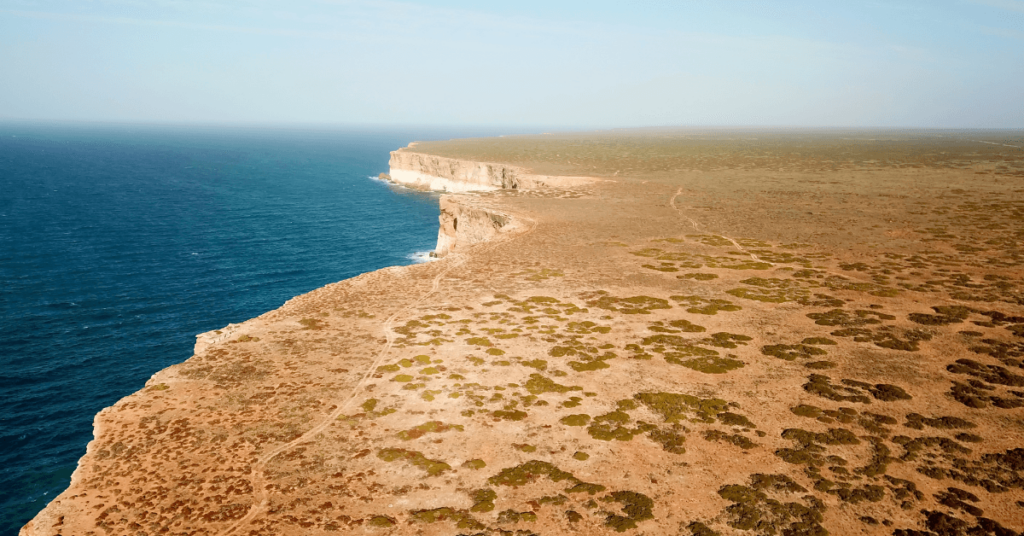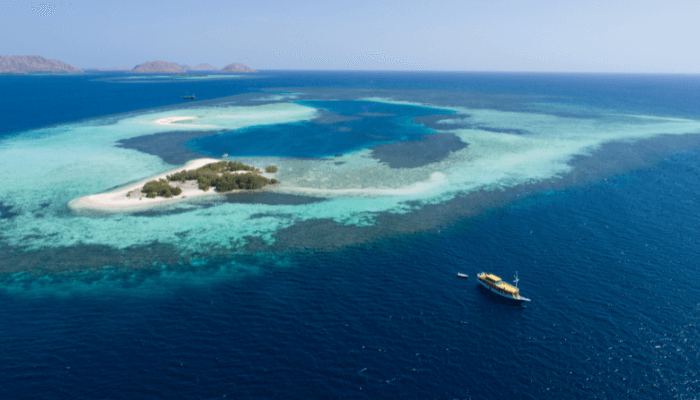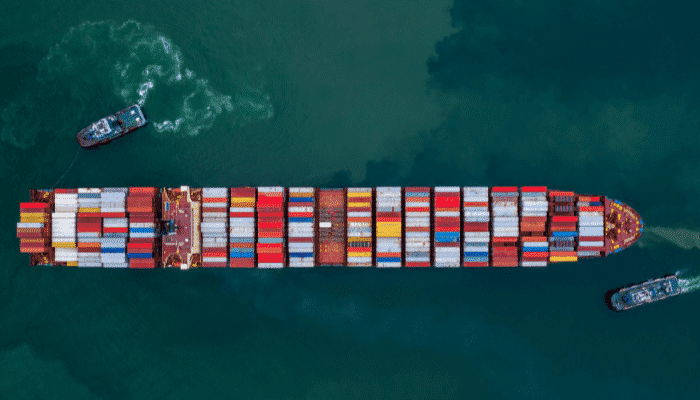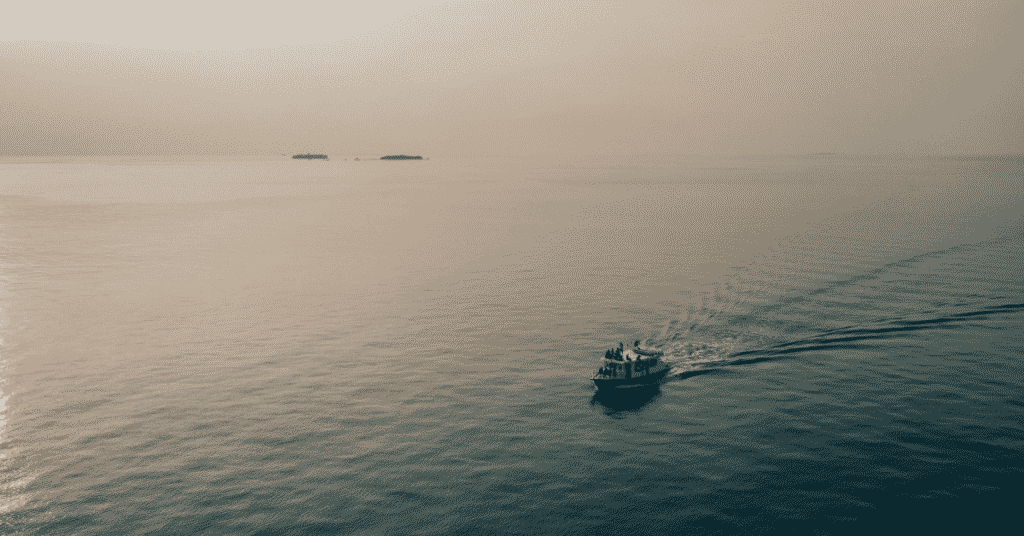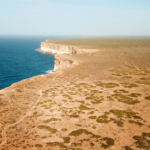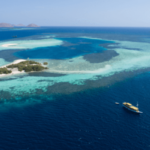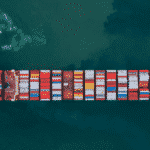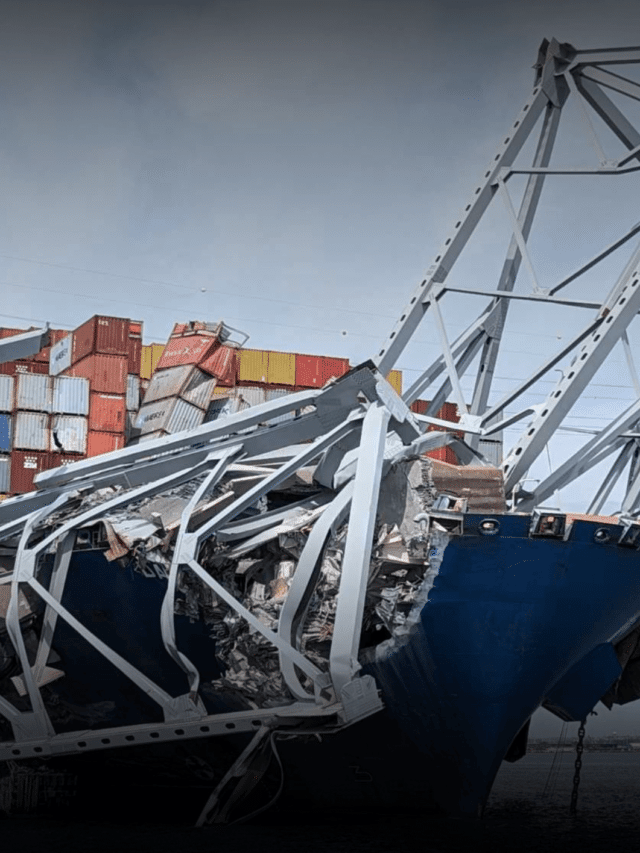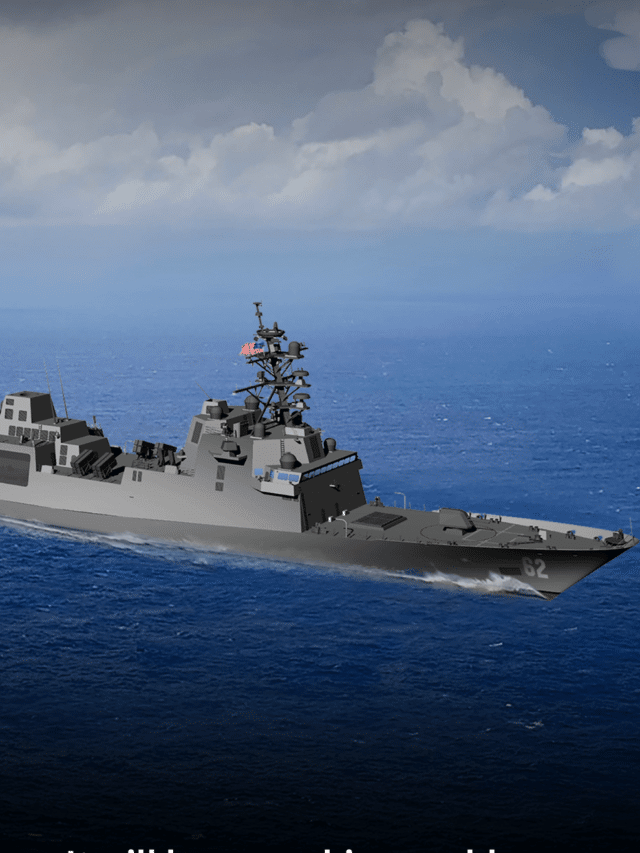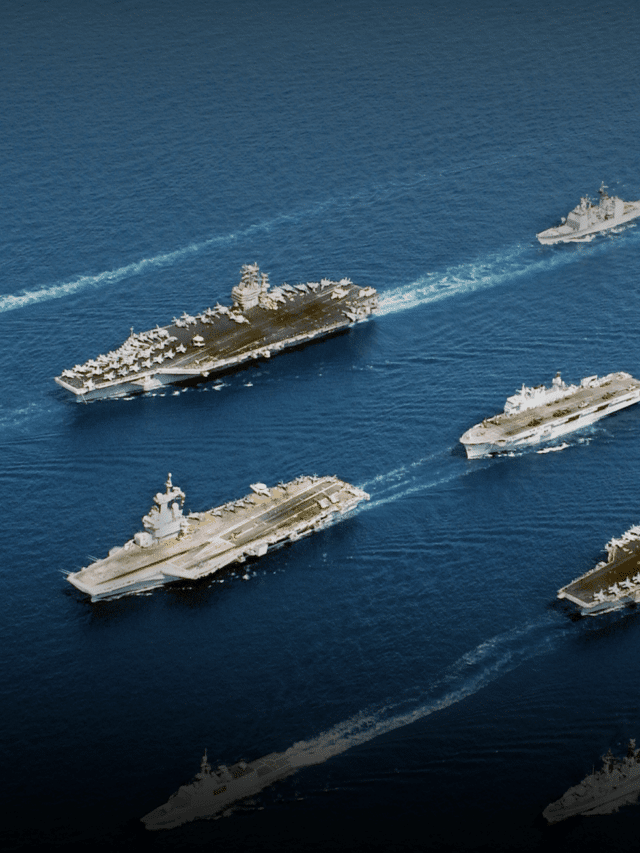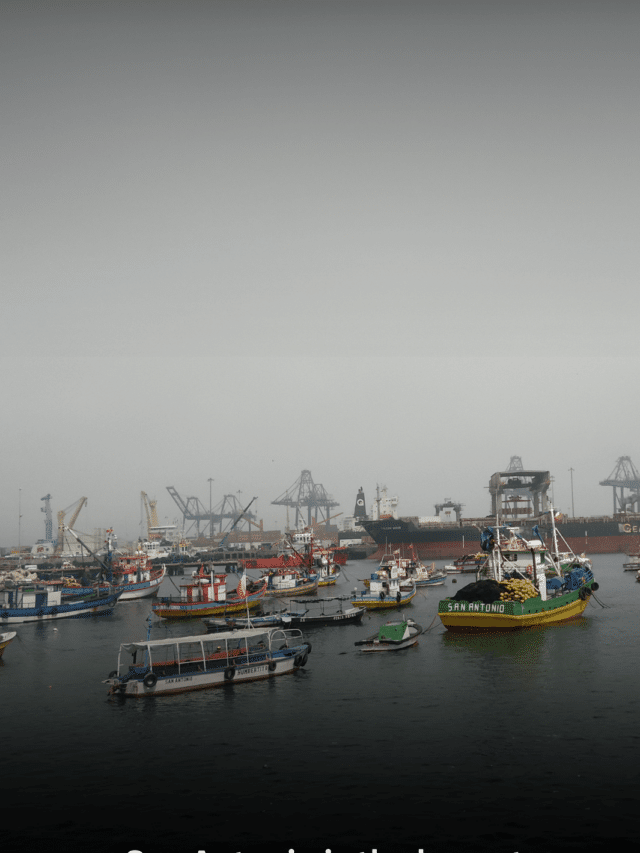Who are Houthis & Why are They Attacking Ships in Red Sea?
Houthis are an armed political and religious group that stands for Yemen’s Shia Muslim minority, the Zaidis. They emerged from north Yemen’s rugged mountains in the 9th century and have been trying to take complete control of Yemen. Though they lack a Navy and Air Force and their leaders shuffle between houses, they have managed to challenge the military might of the U.S., U.K. and other Western countries.
Houthis declare to be a part of an ‘axis-of-resistance’ against Israel, the United States and the West, along with other armed groups like Hamas and Lebanon’s Hezbollah Movement. The U.S. has accused Iran of backing Houthis with finances, weapons, intelligence and training to carry out Red Sea Ship Attacks; however, Tehran has rejected these accusations.
Since November 2023, Houthis have attacked ships headed to Israel in the Red Sea, and in retaliation, the U.S. and U.K. have targeted Houthi bases in Yemen.
So, who exactly are the Houthis, and What do they Want? Let’s find out.
The Houthi Movement is a side of the Yemeni Civil War that has continued for about a decade. It began in the 1990s when the leader Hussein al Houthi launched a religious revival movement for a subsect of Shia Islam known as Zaidism.
The Zaidis ruled Yemen but were sidelined under the Sunni Rule, which came to power after the civil war in 1962. Hence, the Al Houthi Movement was born to represent the Zaidis and to resist the Sunni ideas, especially Wahhabi ideas from Saudi Arabia. The closest followers of the movement were called Houthis.

Houthis stormed Yemen’s capital, Sanaa and toppled the internationally recognised and Saudi-backed government, which led to a civil war in Yemen in 2014. The next year, a Saudi-led coalition tried to drive them out; however, they were unable to dislodge the Houthis, who now control much of northern Yemen. Though a ceasefire was signed in 2022, it lapsed after 6 months.
What is the current situation in Yemen?
The civil war has led to a worsening humanitarian crisis. Infrastructure has been destroyed, the economy has collapsed, and over three million people have been displaced from their homes; thousands have lost their jobs and live in extreme poverty.

Over 24 million people, about 80% of the population, need aid and protection, per the U.N.
Around 377,000 people have died due to lack of food, water and healthcare, according to a 2021 report by the United Nations Development Programme. Only 38.9% of Yemen’s funding needs are met, with a gap of $2.7 billion still required.
Why are Houthis attacking ships in the Red Sea?
The Houthis are targeting ships with connections to Israel in response to Israel’s war with Hamas in Gaza, which has killed and displaced thousands of Palestinians. Hence, Houthis began to fire missiles and drones towards Israel.
On 19th November, Houthis hijacked a commercial vessel in the Red Sea and targeted over a dozen ships. Houthis have also targeted American and British Ships, which they said was in response to the ‘American-British aggression.’
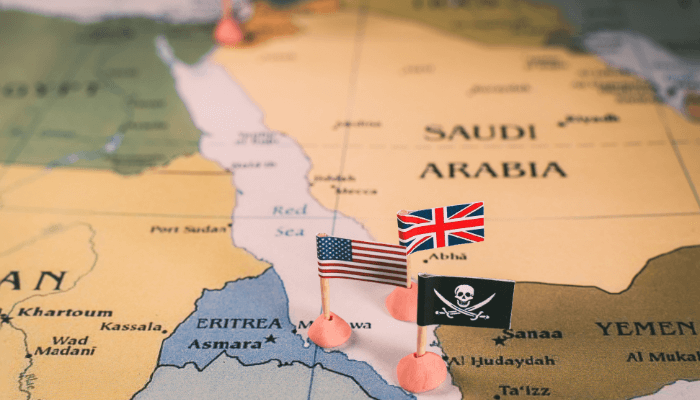
The U.S. and U.K. began carrying out air strikes against Houthi targets in Yemen on 11th January, and more attacks have been carried out since then.
President Joe Biden said the attacks were in “direct response” to the attacks on Red Sea ships, which “jeopardised trade and threatened freedom of navigation”.
Britain’s P.M Rishi Sunak said it is “necessary and proportionate” to protect global shipping.
Impact of Red Sea Ship Attacks On Global Shipping
Though the U.S. and Britain have thwarted many attacks, they have impacted global shipping, given the Red Sea is a strategic waterway through which at least 15% of the world’s cargo passes.
Major Shipping Giants like Maersk, CMA CGM, Hapag-Lloyd and Evergreen and oil giants like B.P. have halted shipping through the Red Sea amidst fear of attacks on their ships. This has caused an increase in oil and gas prices and insurance costs as ships are taking a longer route around Southern Africa.
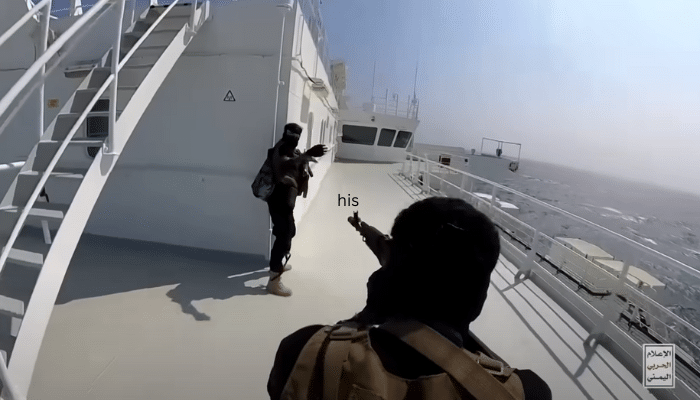
Companies might pass the increased costs of transporting goods to their customers, leading to rising prices at a time when world governments struggle to control post-pandemic inflation.
Houthis intend to inflict economic damage on Israel and its Western allies to pressure them to cease the bombardment of Gaza.
What Do Houthis Aim to Achieve by Targeting Ships?
While Houthis say that they champion the Palestinian cause, attacking ships in the Red Sea could also be a move to gain legitimacy at home and in the Middle East. It could give them an upper hand against their enemies, Saudi Arabia and the UAE, whom they blame for being puppets of the United States and Israel.
Gregory Johnsen, a fellow at the Arab Gulf States Institute in Washington, studied and lived in Yemen for many years and mentioned in an X thread that the Houthis aim to use the situation for their political and economic benefits.
He opines that they have to expand the war in Yemen as they would need to control Marib or Shabwa, where most of Yemen’s oil and gas fields are located, to form a solid base for surviving in Yemen.
Helen Lackner, an independent researcher on the Middle East, said that the Houthis are aligned with Iran but only when it suits their own interests and that they should be seen as an independent group that takes advantage of what Iran offers in terms of weapons, political alliance and propaganda that opposes the U.S. and Israel.
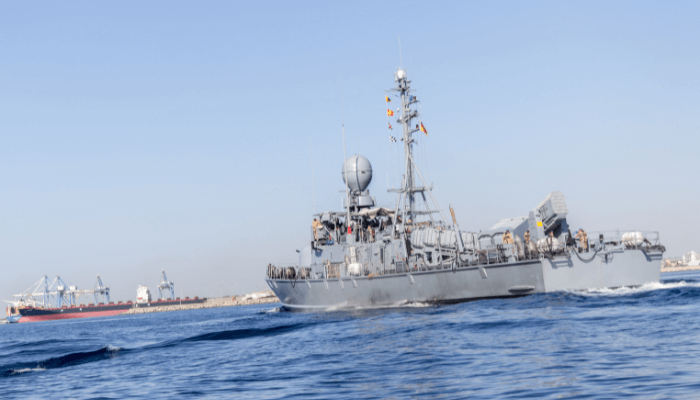
Lackner added that Houthis are not quite popular in the parts of Yemen that they control, including two-thirds of Yemen’s population. However, the people in Yemen are pro-Palestinian, and so since the Houthis have sided with Palestine and attacked ships in the Red Sea, their popularity at home and abroad has skyrocketed. They are being seen as Heroes by many.
She also said that if one goes to a pro-Palestinian demonstration in England, one encounters slogans like, “Yemen, Yemen, make us proud! Turn another ship around!”
Now, people are talking about the Houthis. These are the same people who did not even know if any such group existed or not a year ago.
Elisabeth Kendall, professor at the University of Cambridge, said that though Houthis believe in the cause of Palestinians, their ultimate aim is to defeat America, its military presence and political influence in the Middle Eastern region.
Disclaimer: The author’s views expressed in this article do not necessarily reflect the views of Marine Insight. Data and charts, if used in the article, have been sourced from available information and have not been authenticated by any statutory authority. The author and Marine Insight do not claim it to be accurate nor accept any responsibility for the same. The views constitute only the opinions and do not constitute any guidelines or recommendations on any course of action to be followed by the reader.
The article or images cannot be reproduced, copied, shared or used in any form without the permission of the author and Marine Insight.
Do you have info to share with us ? Suggest a correction
Latest Maritime Knowledge Articles You Would Like:
Subscribe To Our Newsletters
By subscribing, you agree to our Privacy Policy and may receive occasional deal communications; you can unsubscribe anytime.
Web Stories

About Author
Zahra is an alumna of Miranda House, University of Delhi. She is an avid writer, possessing immaculate research and editing skills. Author of several academic papers, she has also worked as a freelance writer, producing many technical, creative and marketing pieces. A true aesthete at heart, she loves books a little more than anything else.



